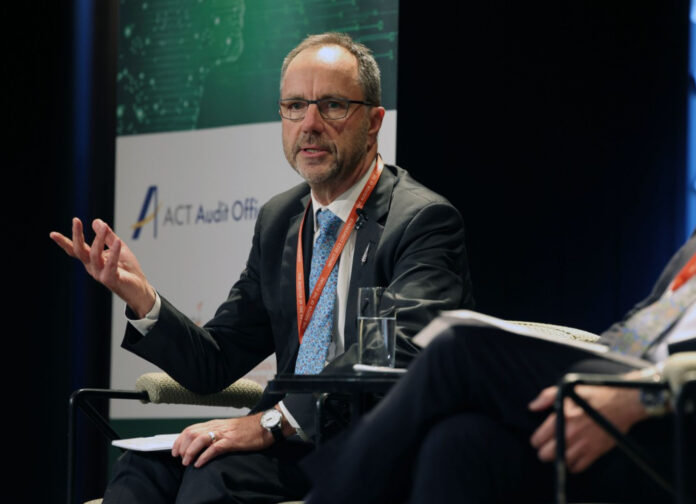A new report from the Auditor-General on four initiatives to improve outcomes for Māori has highlighted a lack of progress reporting on the part of the public sector agencies involved.
Auditor-General, John Ryan said the Government had committed significant funding to initiatives focused specifically on improving outcomes for Māori.
Mr Ryan said his Office wanted to understand how four such initiatives were delivering against expectations, what has been achieved, and what lessons could be learned.
The report looked at three agencies and four initiatives that aim to support improved outcomes for Māori, and which have received new or increased funding in recent years:
- He Poutama Rangatahi;
- The Māori Agribusiness Extension Programme (MABx);
- Te Ahu o te Reo Māori; and
- Whānau Engagement.
He Poutama Rangatahi is administered by the Ministry of Social Development and MABx is administered by the Ministry for Primary Industries. Both Te Ahu o te Reo Māori and Whānau Engagement are administered by the Ministry of Education.
Overall, Mr Ryan says, the funding for the initiatives was spent as intended and there were elements of good practice that could be applied more widely.
“A common and critical success factor was a strong relationship between public organisations and Māori, built on mutual trust and respect,” the Auditor-General said.
“Building effective and enduring relationships takes time. From what we saw, taking this time is critical to success. Meaningfully and authentically engaging with those they are looking to work with is important for any government initiative.
“Balancing the legitimate expectation for timely delivery against ensuring time is taken to understand what is needed, and how best to deliver it, is often a challenge for public organisations. In these initiatives, the public organisations involved have generally done this well. As a result, we heard positive feedback from Māori for these initiatives.”
Mr Ryan says the ultimate test, however, is whether the initiatives deliver the outcomes that were intended.
The public and Parliament expect to see value for the money that governments invest in improving outcomes for New Zealanders, he said.
“The initiatives we looked at have not yet done enough to report publicly on what they have achieved for the money invested in them.”
“This is not unique to these initiatives. I have written extensively about my concern that reporting on new initiatives is not currently adequate to provide Parliament and the public with the information needed to hold the Government to account for the spending of public money.”
Mr Ryan is encouraging all public organisations to consider and apply the findings and recommendations to the work they are doing to support improved outcomes for Māori.
“In particular, strong relationships with Māori was critical to progress on these four initiatives. This is an important lesson for all work aimed at improving outcomes for Māori,” he said.



